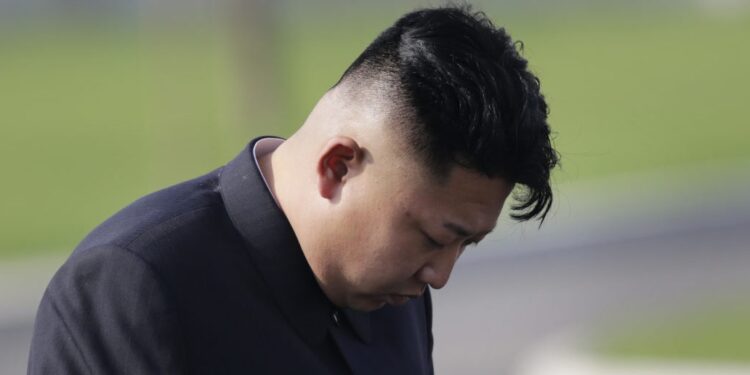By John Ikani
A North Korean attempt to launch a space mission ended in failure on Wednesday morning, causing temporary evacuation warnings in parts of South Korea and Japan.
North Korea’s state-run KCNA news agency reported that both the Chollima-1 rocket and its claimed military satellite payload plunged into the ocean.
The launch had been announced by North Korea, with a plan to deploy the satellite between May 31 and June 11, as communicated to Japan’s coast guard.
Initially, authorities in South Korea and Japan issued evacuation alerts in response to the launch. However, Seoul quickly retracted the warnings, admitting they had been “incorrectly issued.”
Japanese authorities also lifted their alert, as the rocket was no longer expected to fly over Okinawa.
In a rare admission of technical failure, KCNA later stated that the rocket crashed into the ocean due to the second-stage engine’s abnormal start, leading to a loss of thrust.
Following the unsuccessful launch, South Korea’s military recovered presumed rocket debris from the waters near Eocheongdo island.
Before the launch, North Korea had emphasized the significance of its “military reconnaissance satellite No. 1” for tracking and monitoring potential threats, particularly from the US and its allies.
Ri Pyong Chol, a top adviser to North Korean leader Kim Jong Un, highlighted the country’s desire to expand its reconnaissance and information capabilities, along with enhancing defensive and offensive weapons.
Recent satellite imagery had revealed active construction activities at North Korea’s main rocket launch center in the northwest.
Ri’s statement indicated that the North intended to test various reconnaissance means.
Following the crash, Pyongyang announced an investigation and expressed the possibility of launching a second spy satellite before June 11.
North Korean leader Kim Jong-un has placed great importance on the development of military satellites as part of the country’s defense strategy. Leif-Eric Easley, a professor at Ewha University in Seoul, suggested that North Korea likely views itself in a space race and regardless of success or failure, it is expected to capitalize on its space capabilities for political propaganda.




































